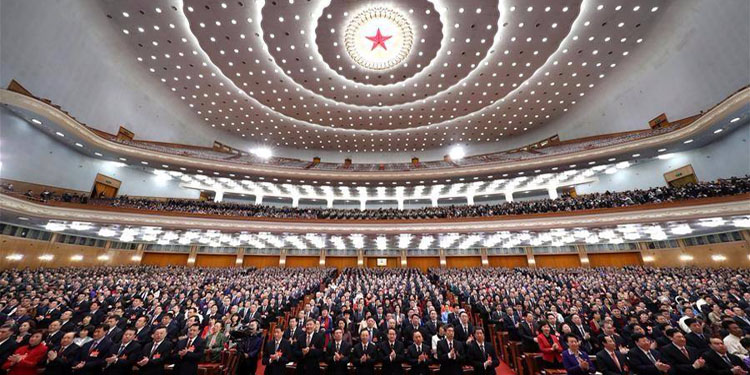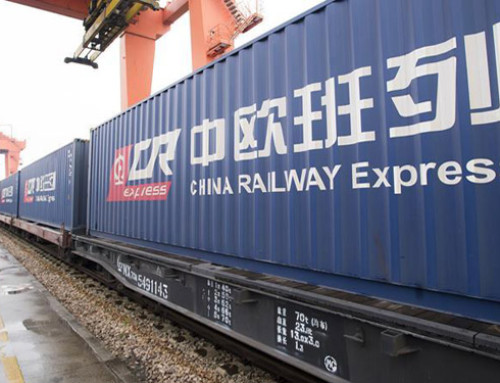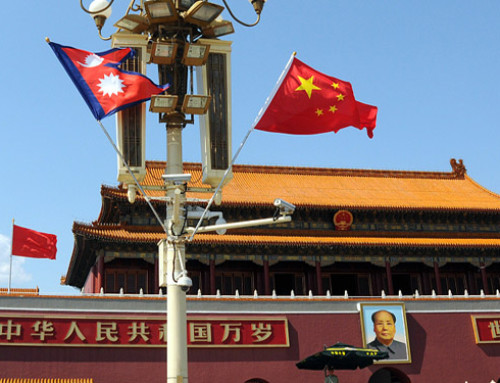NEW YORK – A senior US expert said that China’s newly adopted foreign investment law will help fair competition and is welcomed by foreign investors. “Legal predictability, transparency and non-discrimination will improve the business environment,” said Sourabh Gupta, a senior researcher at the China-US Institute, based in Washington, in a recent interview with Xinhua.
“In my opinion, (the law will) attract a lot of foreign capital to the Chinese investment market in the next decade,” Gupta said. The Chinese national legislature passed the Foreign Investment Act on Friday, a landmark legislation that will provide overseas investors with stronger protection and a better business environment. It aims to improve the transparency of foreign investment policies and ensure that foreign-invested enterprises participate in market competition on an equal basis.
Fair playing field
The scholar said that the law will greatly help solve the major problems faced by foreign investors in China because it provides them with strong protection to ensure the impartiality of administration and supervision.
He said: “Foreign investors can now compete on the same terms as Chinese domestic companies.” He added that some key areas have been liberalized through large-scale foreign direct investment, such as auto, finance and insurance.
In this regard, experts point out that China’s national treatment “will provide foreign investors with no less treatment than Chinese investors in the stages of establishment, acquisition, expansion and other investment stages.”
He also noted that the legislation explicitly prohibits the use of administrative measures to enforce technology transfer and basically prohibits local governments from interfering with national foreign investment policies. Therefore, the investment protection clause in the law will be “welcome by foreign companies,” he pointed out.
The scholar also pointed out that the significance of the law to China’s new round of opening up and reform is “potentially far-reaching” because it reflects its potential to help transform China’s economy into a “more advanced, more advanced type of economy.” . A productivity-led growth model. ”
Implementation is the key
The law is scheduled to come into force on January 1, 2020, but it will take some time for the law to assure foreign companies that “China is using a level playing field, regardless of nationality,” Gupta said.
He said that as always, when a piece of legislation is passed, the key is implementation, adding that strict enforcement of regulations will be the key to successful law enforcement.
In this regard, the senior researcher expressed optimism because he witnessed China’s rapid progress in “enforcement related elements of its patent and intellectual property (IPR) system”.
In particular, he pointed to the newly established Intellectual Property Court of the Supreme People’s Court of China (SPC), which began hearing intellectual property appeals on January 1. Intellectual property cases handled by the courts involved a wide range of litigation, such as patents, copyrights, SPC claims, trademarks, new plant varieties, integrated circuit layout design and monopoly.
In terms of protection of foreign investment, “enforcement of effective measures to deal with political, regulatory and administrative non-compliance. It also envisages a strong working mechanism to quickly resolve complaints from foreign companies,” he said.
Because foreign investors will doubt that “the actual implementation of the foreign investment law has actually changed,” “The burden of proof lies with China’s shoulders to show that a new chapter has been opened in terms of fairness. Predictable, transparent and Non-discrimination in the implementation of China’s foreign investment system.”
“In this regard, the implementation of regulations that invigorate foreign investment law will be crucial,” Gupta stressed.













